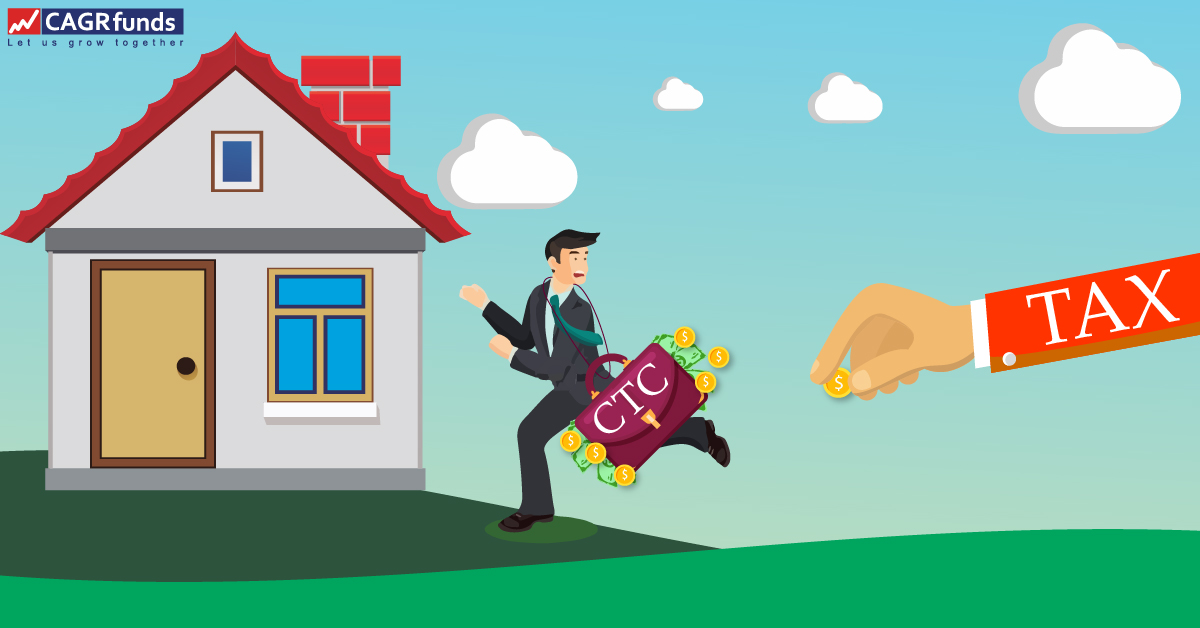A few years back, a text message popped up: “Dear Customer, salary of Rs. ABCDE for the month of May 2017 has been credited to your account XXXXXXXXXXXXX”.
Happiness?? Not for me. Not when I was expecting a six figure salary but ended up with a five figure one, all thanks to the tax that I had been paying so diligently.
The emotional impact was of a nature that I felt compelled to consult a tax consultant. And to my absolute horror, I discovered that I was solely responsible for the reduction of a digit in my monthly pay package. Before I could get into any further depression, my consultant served me with the much needed ray of hope – several ways of saving tax to increase my income in hand.
1. If you live in a rented accommodation, you can save some tax
A salaried employee living on rent can save some tax by presenting the rent bills to his organization. Such expenses can be claimed under the House Rent Allowance (HRA) offered by the company.
2. Did you know you can reduce taxes by holidaying??
Leave Travel Allowance (LTA) can be claimed twice in a block of every four years. You can get your actual travel bills reimbursed for any travel that you might have done. However, every company has policies relating to what qualifies for LTA. If unclaimed against travel, LTA becomes fully taxable.
3. Check if your salary includes medical allowance
More often than not, medical allowance is part of the CTC. Medical expenses to the extent of Rs. 15000 are exempted from tax in any financial year. However, one usually needs to submit actual medical bills to one’s company to get the same reimbursed. So now you can worry a little less about the rising medical costs!!
4. Save tax as you invest your money under section 80C
Under section 80C, we can make investments into several instruments and the amount of investment made is deductible from our taxable income. However, the upper cap of such benefit is Rs. 1,50,000. Public Provision Fund (PPF), Employee Provident Fund (EPF which is part of your salary) and Tax Saving mutual funds are a few such instruments which fall under this category.
5. Planning for retirement can help reduce tax further
While section 80C gives benefits of up to Rs. 1,50,000, section 80CCD(1B) gives a further benefit of up to Rs. 50,000. This benefit accrues by way of investing in the National Pension Scheme or NPS. Also, investing in NPS helps generate better returns as compared to bank deposits as they have a diversified exposure across asset classes. But, the only consideration with NPS is that you cannot withdraw your money till you attain the age of 60.
How do we help?
At CAGRfunds, we help you plan your tax outgo by making you aware of expenses that you can claim as deduction. We also apprise you of various investment avenues which either help reduce tax or earn tax free returns. For example, after studying one’s profile, we recommend the best tax saving (Under section 80C) mutual funds. We also help plan tax by educating our investors about benefits of equity and debt mutual funds vis-à-vis other products.


